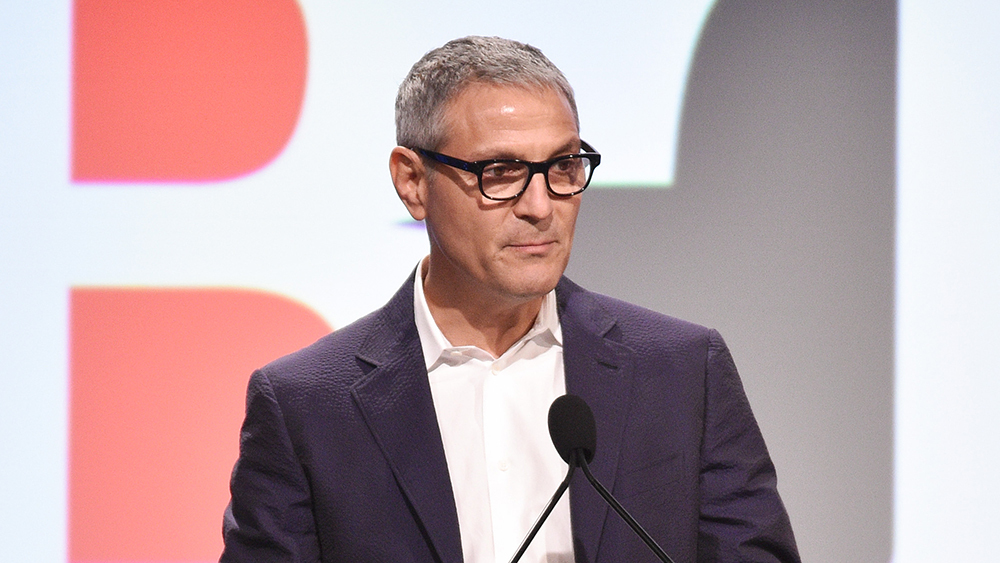Super-agent and Co-CEO of Endeavor, Ari Emmanuel, was bucked off the Wall Street bull on Thursday when he decided to withdraw his company’s initial public offering just hours before it was to begin trading.
Last week, the company planned to sell an estimated 19 million shares, priced at $30 to $32 each. However, the investor demand turned out to be weaker than anticipated, and the expected share value dropped to $26 to $27 the day before trading was to start.

Credit: Photo by Stewart Cook/Variety/Shutterstock (9071719y) Ari Emanuel 48th Anniversary Gala Vanguard Awards, Show, Los Angeles, USA – 23 Sep 2017
Emmanuel grew Endeavor from the bottom-up when he left ICM Partners to create his own talent agency, also titled Endeavor. In 2009, the company merged with the William Morris Agency to form William Morris Endeavor (WME). Since the merger, Emmanuel has grown the company into a mega entertainment corporation, buying sports and fashion agency IMG, mixed martial arts company UFC, The Miss USA and Miss Universe pageants, along with several other media-driven subsidiaries.
Emmanuel is known for his ruthless drive in the competitive business of Hollywood, and an initial public offering for his company would have made Endeavor the first agency-driven business to be traded publicly. Endeavor planned to use the public investment funds to pay off debt accumulated from purchasing its subsidiaries while also gaining fresh capital to continue growing.
With an excellent track record of growth and a diverse portfolio of successful subsidiaries, why did Endeavor’s valuation drop in the eleventh hour?
In recent weeks, the IPO market has been closing the door on unprofitable companies. Last week, the parent company of WeWork, the We Company, withdrew its IPO after investor interest turned out to be weak. WeWork filed its IPO paperwork in mid-August and was hit with intense scrutiny from investors when it showed to be unprofitable with concerns regarding its path to profitability. Investors are looking for a return on their contributions to a public offering, and they did not see a likely gain in the near future with WeWork.
The same goes for Endeavor: investors became concerned while gauging whether or not it was work the risk of investing in an unprofitable company. In its pre-IPO filing, Endeavor disclosed that it had made $2.05 billion during the first two quarters of 2019. However, it also reported an operating income of $10.3 million with a net loss of $223 million. On top of that, Endeavor is burdened with over $4.5 billion in debt from purchasing its various subsidiaries.
In the end, investors found Emmanuel’s vision for Endeavor to grow into an entertainment behemoth to be too far-fetched; they found Endeavor’s IPO to be too risky to partake in at its original valuation.
With the last-minute slash in expected share pricing, Emmanuel decided to withdraw the offering.
In a statement to Endeavor employees on Thursday, Emmanuel expressed that the company would continue to “observe market conditions” and potentially find a time more fit for a public offering.
Until then, how will Emmanuel bounce back from this flop? How will he create value in his company that makes it worthy for investment?
One can only imagine that he will, quite literally, “endeavor to persevere.”
Sources:
https://www.bloomberg.com/graphics/2019-unprofitable-ipo-record-uber-wework-peloton/
https://www.hollywoodreporter.com/news/endeavor-lowers-estimated-share-price-ipo-1241851
https://www.investopedia.com/terms/i/ipo.asp